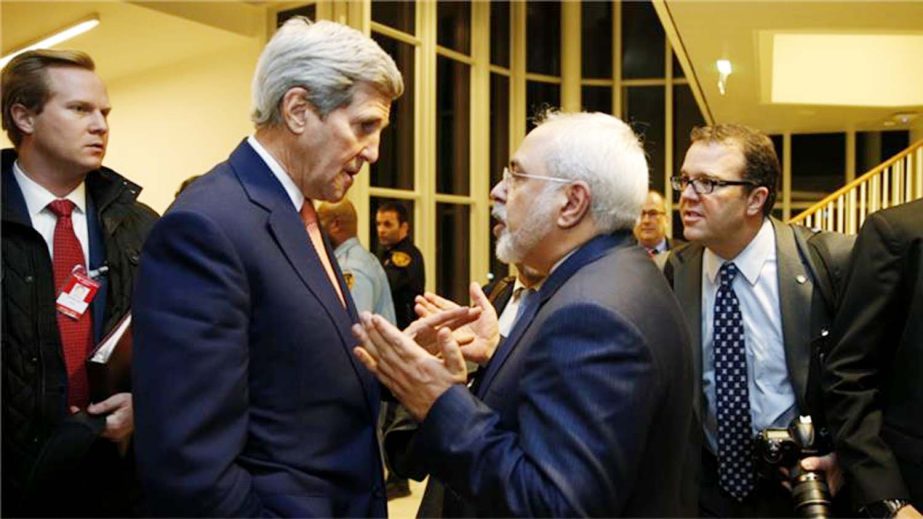
Al Jazeera News :A poll of Arab opinion formers has found that 90 percent believe that relations between Iran and Arab countries are worse than they should be.According to the poll, released on Monday by the Al Jazeera Centre for Studies, 69 percent of those questioned support the establishment of a cooperative regional security order between Iran and the Gulf Cooperation Council (GCC) countries, including Saudi Arabia, the UAE, Qatar, Oman, Kuwait and Bahrain.According to the Studies Centre, “The opinion poll was conducted to better understand how Arab thought leaders, including politicians, policymakers, thinkers, academics and activists, view their region’s relations with Iran overall, and where they believe these relations are headed.”While the poll indicates that 81 percent of those interviewed by telephone from 21 Arab countries believe that there should be better relations between Iran and Arab countries, only 58 percent believed that Iran and only 35 percent believed that Arab countries were serious about improving relations with each other.The poll found an even split among those who view the warming of relations between Iran and the United States positively (44 percent) and those who view it negatively (45 percent).Al Jazeera spoke to Fatima Alsmadi, the Studies Centre’s Iran specialist who conducted the poll, about its findings and recent developments in the region.Al Jazeera: What are the criteria on which this poll was conducted? How did you determine who was an Arab thought leader?Although the polling was actually conducted between September 30 and November 30, 2015, we began preparing for it in March 2015. In the beginning, we worked on identifying who the key people were in 21 different Arab countries.We did this by reaching out to our Al Jazeera bureaus across the region, as well as specialists – such as journalists, analysts, and others on the ground – and putting together a list of the most influential opinion makers in these countries.We focused on people working in politics, economics, academia, and those doing social work. And in some countries, such as Iraq and Yemen, we even made sure to identify key tribal leaders who hold a great deal of influence.This poll comes across as lumping the “Arab world” into a monolith, at the risk of not accurately reflecting the various and competing political views prevalent across the region.It is true that the findings released in this study deal with wider, more general issues.But during our polling, we also focused on specific issues relevant to a particular country. While we asked about the political environment in general across the Arab world, we asked each respondent about specific issues they are facing in their respective country.We will eventually make some of those findings public, such as what some Iraqi opinion makers think of Iranian policy in Iraq, what Palestinians think about Iran’s role in the Palestinian issue, and so on.

